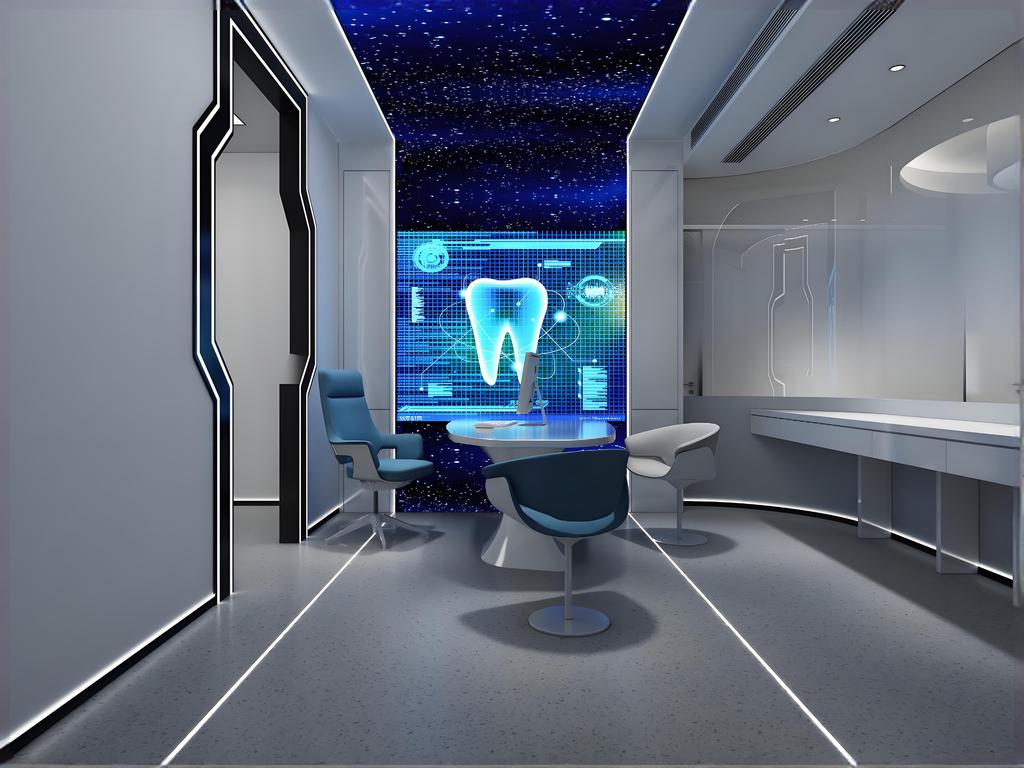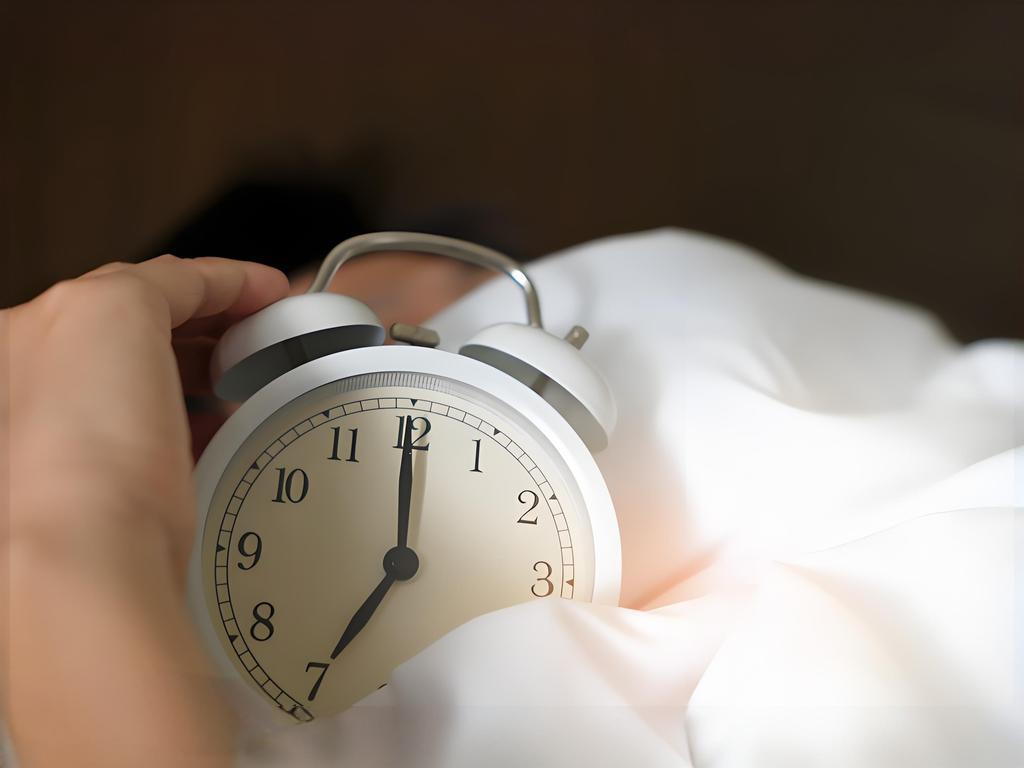Sleeping Your Way to Better Dental Health: The Role of Sleep in Oral Wellness
In the grand tapestry of health and wellness, sleep often serves as the silent thread that weaves together various aspects of our physical and mental well-being. Surprisingly, the quality and quantity of sleep we get also play a pivotal role in maintaining optimal dental health. The connection between sleep and oral wellness may not be immediately apparent, but research has consistently shown that a lack of sleep can negatively impact our teeth and gums in several ways. Here’s a closer look at how sleeping your way to better dental health is not just a catchy phrase but a scientific reality, backed by compelling examples.

1. Reduced Saliva Production
One of the most significant ways sleep affects dental health is through saliva production. During sleep, our mouths produce less saliva than when we’re awake. Saliva is a natural defense against bacteria and plaque build-up, as it helps to wash away food particles and neutralize acids produced by oral bacteria. When we don’t get enough sleep, saliva production decreases further, leaving our teeth and gums more vulnerable to decay and gum disease.
Example: Imagine waking up with a dry mouth after a restless night. This lack of saliva can allow harmful bacteria to thrive, increasing your risk of cavities and gum inflammation.
2. Increased Snoring and Sleep Apnea
Certain sleep disorders, such as snoring and sleep apnea, can exacerbate oral health issues. Snoring, a common sleep disruption, often occurs when the airway is partially obstructed, forcing the body to work harder to breathe. This can lead to mouth breathing, which dries out the mouth and promotes bacterial growth. Sleep apnea, a more severe condition characterized by repeated pauses in breathing during sleep, can cause even more significant reductions in saliva flow and oxygen levels, leading to a host of oral and overall health problems.
Example: A person with untreated sleep apnea may experience chronic dry mouth, leading to increased sensitivity, bad breath, and an elevated risk of gum disease.
3. Poor Dietary Choices and Oral Hygiene Habits
Lack of sleep can also indirectly impact dental health by influencing our dietary choices and oral hygiene routines. When we’re tired, we’re more likely to reach for sugary, caffeine-laden snacks for a quick energy boost, which can contribute to tooth decay. Additionally, fatigue can make us less likely to engage in proper oral hygiene practices like brushing and flossing, allowing plaque and bacteria to accumulate.
Example: After a long day at work followed by a night of disrupted sleep, you might find yourself craving a sugary latte and skipping your usual bedtime brushing routine, setting the stage for dental problems.
4. Stress and Inflammation
Sleep deprivation is a well-known stressor, and stress has been linked to increased inflammation throughout the body, including in the mouth. Chronic inflammation can weaken the immune system, making it harder for the body to fight off oral infections like gum disease.
Example: Prolonged periods of inadequate sleep can elevate stress hormone levels, which in turn can exacerbate existing gum inflammation, leading to a vicious cycle of declining oral health.













